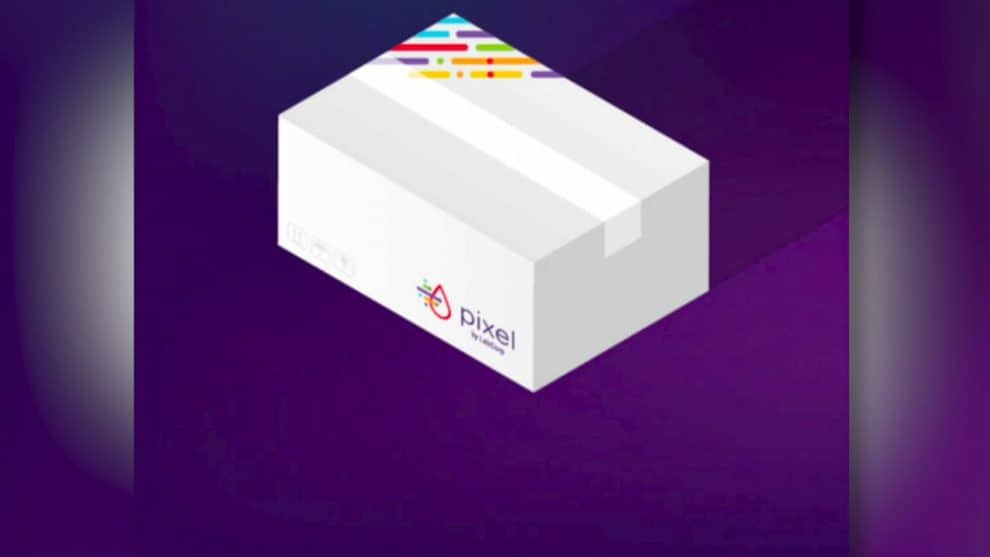Recently, a lot of people have been asking whether or not there’s approval from the FDA about coronavirus home testing. Well, I’m excited to tell you that the body has authorized the first Coronavirus diagnostic test at home option. However, we’ll have to wait on LabCorp to make the COVID-19 test kit available for everybody in the coming weeks.
FDA Authorized Coronavirus Test At Home
Without a doubt, the US is one of the most affected countries with a Coronavirus pandemic. Because of that, it’s facing a lot of obstacles, including a shortage of testing kits to carry out tests. However, to limit the spread of the pandemic, there’s a need for an adequate supply of accurate testing kits. That’ll help to detect carriers of the virus, especially those that are showing no symptom.
A few days ago, FDA made a release about authorizing the first Coronavirus Test at home, which is to start in the coming weeks. Here’s the full detail of the release:
“Throughout this pandemic, we have been facilitating test development to ensure patients access to accurate diagnostics, which includes supporting the development of reliable and accurate at-home sample collection options,” said FDA Commissioner Stephen M. Hahn, M.D. “The FDA’s around-the-clock work since this outbreak began has resulted in the authorization of more than 50 diagnostic tests and engagement with over 350 test developers. Specifically, for tests that include home sample collection, we worked with LabCorp to ensure the data demonstrated from at-home patient sample collection is as safe and accurate as sample collection at a doctor’s office, hospital, or other testing sites. With this action, there is now a convenient and reliable option for a patient sample collection from the comfort and safety of their home.”
Also, according to LabCorp, the test kits will come through the company’s Pixel by LabCorp and will be available for people in the coming weeks. The company further emphasized that the test kit will be available first to health care workers and first responders.
Let’s have a look at how the Coronavirus test at home works, including everything that you need to know about it.
How Coronavirus Tests Work
Despite lockdown, citizens still have access to the hospitals if they’re not feeling fine or have someone who is sick. However, to avoid crowding, especially when waiting for a doctor to come around, a better approach is to talk to an online doctor. During the video conversation, the doctor will most likely determine whether or not you need immediate testing. Your fate of testing depends on the doctor, and if he/she thinks you need to test, you’ll get an order as regards that.
In the US, most Coronavirus tests require taking swabs from the back of the nasal cavity of patients. After which they get tested for the virus’ RNA. Having a positive result means the tested patient is a carrier of COVID-19. Also, most tests are done by major commercial labs and public hospitals.
Another way, though not common, to test for coronavirus is by using saliva. However, only the test from Rutgers University so far has received approval from the FDA. Even at that, there’s no coronavirus test at home approval yet for it.
How About The Coronavirus Test Kits At Home
Some private companies have come out to say they’re working on producing kits for coronavirus tests at home. However, the FDA is yet to approve any of them. For now, it’s working with LabCorp, and kits will be available in the coming weeks for patients based on doctor’s orders.
Challenges With Coronavirus Test At Home
Presently, Coronavirus tests utilize a certain mechanism called Polymerase chain reaction to detect the virus. The sample is a little bit difficult to collect and send with accuracy via mailing, says Dr. Edo Paz, a lead physician at K health. Meaning, if the sample is not taken by trained medical personnel, it becomes hard to get the accuracy right.
However, with effective video training, we can tackle the issue of collecting the samples. The doctor also explained further sample processing via mail can damage it in transit, and render it useless for testing. So, while we wait for the next development, people should stick to the guidelines stated by the doctors.
